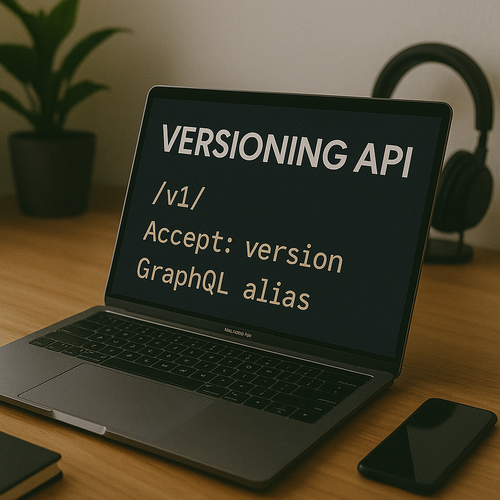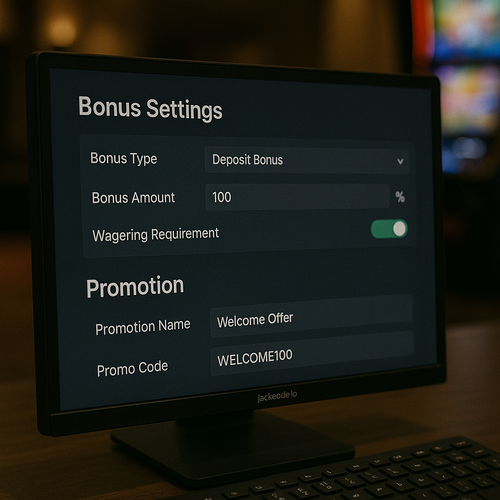
As the API evolves, new methods, parameters, and logic emerge. In order not to disrupt the work of current clients, API versioning is used. We support several approaches to versioning, allowing integrators to use the desired version of the interface without risk for stable operation.
This is important both when scaling the platform and when implementing updates, testing or servicing old clients.
Versioning methods
| Method | Description and benefits |
|---|---|
| Version in URL ('/v1/') | The most understandable and popular way is convenient for the REST API |
| Accept header | Example: 'Accept: application/vnd. api+json; version = 2 '- separates data from version |
| GraphQL alias / versioned fields | Different versions via aliases: 'userV1', 'userV2' - convenient for gradual migration |
| Schema-level versions | Separate diagrams and modules in OpenAPI/Swagger for each version |
How implemented
API structure with '/v1/', '/v2/' and independent routes
Checking'Accept 'and'X-API-Version' headers- GraphQL supports aliases and versioned schemas ('userV1', 'userV2')
- Ability to A/B test new versions without risk to production
- Logging of calls to each version for analysis and migration
Business and Integrator Benefits
Support old customers without slowing down- Multi-Generation API Parallel Operation
- Safely implement new features without breaking backwards compatibility
- Flexibility to scale and upgrade infrastructure
- Seamless migration between controlled and analytic versions
Where especially important
Platforms with multiple external clients- Projects with API-first approach and long lifecycle
- Integration with banks, providers, B2B partners
- Systems with long-lived mobile or IoT clients
API versioning is the foundation for the reliability and flexibility of integrations. Regardless of the format (REST, GraphQL or gRPC), we ensure the safe development of interfaces - without failures, conflicts and loss of compatibility.
Contact Us
Fill out the form below and we’ll get back to you soon.









